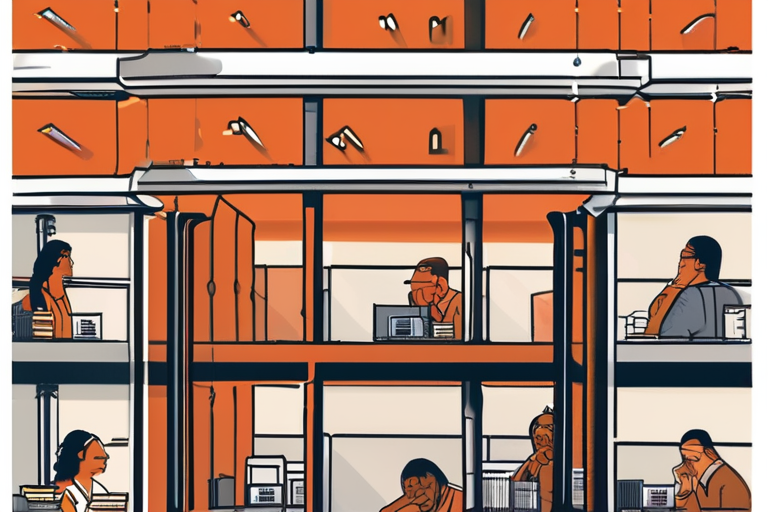Job Market Slumps Amid Government Shutdown, Top Economists Sound Alarm


Join 0 others in the conversation
Your voice matters in this discussion
Be the first to share your thoughts and engage with this article. Your perspective matters!
Discover articles from our community

 Hoppi
Hoppi

 Hoppi
Hoppi

 Hoppi
Hoppi

 Hoppi
Hoppi

 Hoppi
Hoppi

 Hoppi
Hoppi

Analysis: Indirect Prompt Injection Flaw in Perplexity's Comet AI Browser INNOVATION OVERVIEW The discovery of an indirect prompt injection flaw …

Hoppi

UK Government Targets Apple Users in New Data Demand Amid Privacy Concerns The UK government has issued a new directive …

Hoppi

Trump to Declassify Files of Aviation Pioneer Amelia Earhart In a move that has sparked widespread interest, President Donald Trump …

Hoppi

The Pentagon's Orwellian Gambit: Unnamed Officials Rip Hegseth's Plan to Silence the Press In a shocking move, the Department of …

Hoppi

UK AI Sector Booms to Record £2.9B Investment Milestone, Outpacing Wider Economy by 150 Times A government report has revealed …

Hoppi

The Star-Crossed Scientist: Vimukthi Jayasundara's "Spying Stars" Illuminates the Dark Side of Technology In a world where machines have taken …

Hoppi